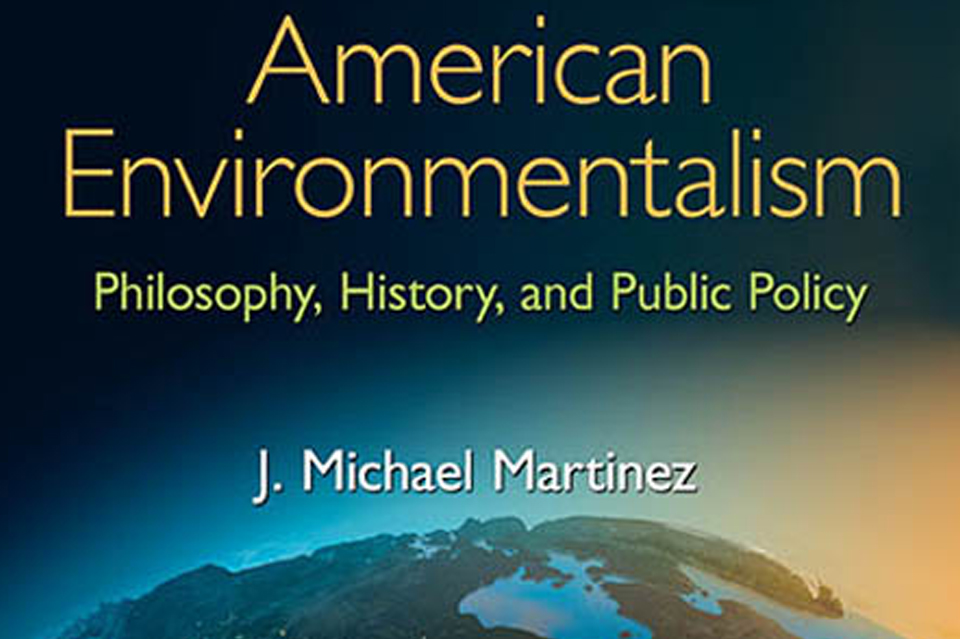Protecting the natural environment and promoting sustainability have become important objectives, but achieving such goals presents myriad challenges for even the most committed environmentalist. American Environmentalism: Philosophy, History, and Public Policy examines whether competing interests can be reconciled while developing consistent, coherent, effective public policy to regulate uses and protection of the natural environment without destroying the national economy. It then reviews a range of possible solutions.
The book delves into key normative concepts that undergird American perspectives on nature by providing an overview of philosophical concepts found in the western intellectual tradition, the presuppositions inherent in neoclassical economics, and anthropocentric (human-centered) and biocentric (earth-centered) positions on sustainability. It traces the evolution of attitudes about nature from the time of the Ancient Greeks through Europeans in the Middle Ages and the Renaissance, the Enlightenment and the American Founders, the nineteenth and twentieth centuries, and up to the present. Building on this foundation, the author examines the political landscape as non-governmental organizations (NGOs), industry leaders, and government officials struggle to balance industrial development with environmental concerns.






